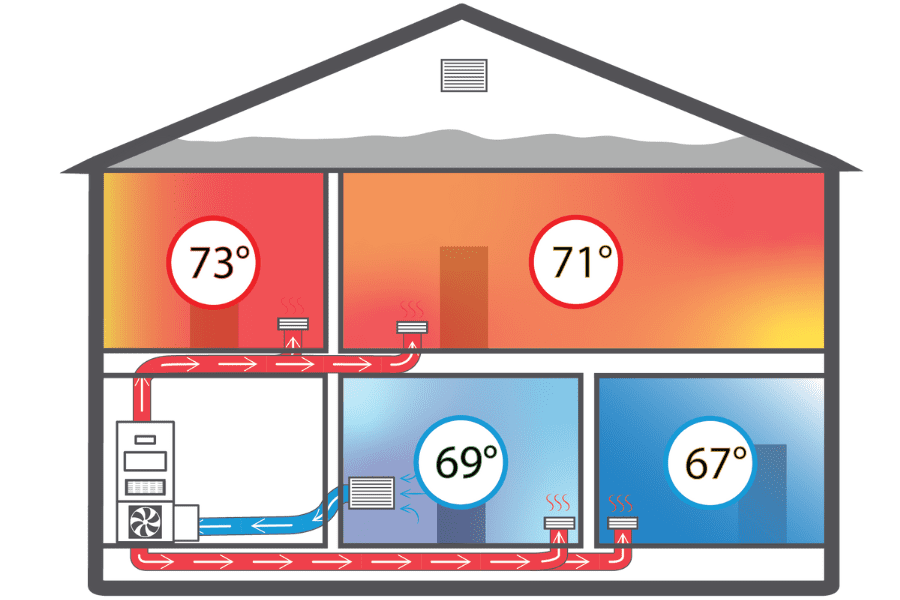Feb 24, 2023
Gas Stoves: Should They Stay or Should They Go?
As of now, only 38 percent of households in the United States cook on gas stoves. That is way less than the common misconception that most Americans use gas stoves.
By: Davena Halak

Are you Team Gas or Electric? Suddenly, we’re talking about kitchen stoves. The debate heated up the internet with the pros and cons just as the new year began. And it quickly got political. Some believed that President Biden wanted to take gas stoves away, but others assured that it was simply a respiratory health study question.
The debate has been going on for years, but what sparked the recent uproar? A simple remark by a representative of the Consumer Product Safety Commission (CPSC) stated that gas stoves were a health hazard, stating that “Products that can’t be made safe can be banned.” What came next was a debate between lawmakers, each voicing their vastly different opinions on their stoves.
The White House issued a news release that “the president does not support banning gas stoves. The Consumer Product Safety Commission is not banning gas stoves.” Texas Republican congressman, Ronny Jackson, joined a chorus of his enraged colleagues on Twitter, stating: “I’ll NEVER give up my gas stove. If the maniacs in the White House come for my stove, they can pry it from my cold dead hands. COME AND TAKE IT!!”
CPSC issued a statement that they are looking into health solutions, but there are no gas stove bans expected in the future. In New York state, there is a proposal to ban gas in new buildings, which would leave gas stoves, water heaters, dryers, and furnaces out in the cold. See CPSC Plans Gas Stove Research, No Ban
Doctors and researchers have been linking the effects of pollution from gas stoves to respiratory health problems for years. Most gas stoves are required to have an exhaust hood installed for ventilation purposes. In 2018, the HomeCHEM study in Austin, Texas, also looked at how cooking on gas stoves affected a home environment. For children, asthma issues are much more likely from natural gas appliances than from secondhand smoke. See Diane MacEachern’s article Study: Gas Stoves Cause As Much Asthma As Secondhand Smoke
As of now, only 38 percent of households in the United States cook on gas stoves. That is way less than the common misconception that most Americans use gas stoves.
In international countries, gas stoves are a lot more common than electric stoves. Growing up in Syria and Lebanon, we have always had a gas stove in our house. Almost everyone I knew had a gas stove, and it was not until I moved to the United States, that I saw my first electric stove. Now, we have an electric stove at home, and it works just fine.
According to Moms Clean Air Force, there’s no reason to panic if you have a gas stove. While there will be incentives this year to switch to electric, you can also protect yourself and others in your home from pollution from your gas stove:
- If you have a vent hood, make sure it’s on when cooking on the gas stove or using the oven.
- If you don’t have a vent hood, open the windows while you’re cooking.
- Call the gas company or a service technician to ask them to check the connections on your stove for leaks and tighten them up.
- Use alternative appliances for cooking and heating food where possible, like electric kettles, portable induction cooktops, toaster ovens, air fryers, and microwave ovens.
- Check with your city and county government to find an indoor air quality professional to perform a ventilation audit for your home.
This article was originally published in Healthy Indoors Magazine and is used with permission.





